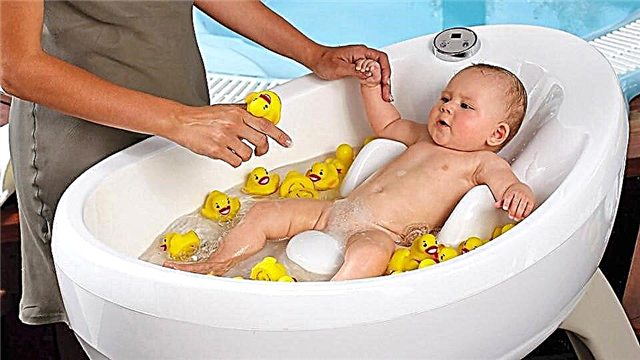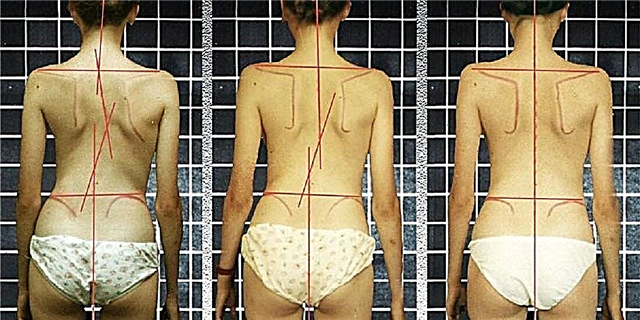
Identification of many diseases in the early stages helps to treat them more effectively, therefore, a child in the first years of life is prescribed various tests, among which there are blood sugar tests.
What test determines the level of glucose in the blood?
Usually, blood for glucose determination is taken from a fingertip. If the result is increased, the child is further prescribed a repeated determination of glucose, determination of glucose tolerance (a test with glucose load is performed), as well as a study of the level of glycated hemoglobin.
What values are considered normal?
In the first year of life the glucose norm is from 2.8 to 4.4 mmol / l.
Between 12 months and 5 years of age Normal blood sugar is 3.3 to 5 mmol / L.
In children over the age of five the norms of such an indicator meet the norms in adults and range from 3.3 to 5.5 mmol / l.

Causes of abnormal sugar levels
The glucose level depends on many factors - both on the nutrition of the child and on the work of the digestive tract, as well as on the influence of various hormones (insulin, glucagon, thyroid hormones, hypothalamus, adrenal glands, and others).
Decreased indicator
A decrease in blood sugar in a child may be due to:
- Prolonged fasting and reduced water intake.
- Severe chronic diseases.
- Insulinoma.
- Diseases of the digestive tract - gastritis, duodenitis, pancreatitis, enteritis.
- Diseases of the nervous system - brain pathology, severe brain injuries and others.
- Sarcoidosis.
- Poisoning with chloroform or arsenic.
Increased rate
A persistent increase in sugar levels prompts, first of all, the conclusion that the child has diabetes mellitus.
Also, an increase in glucose in the baby's blood may be associated with:
- Incorrectly performed analysis - if the child ate before blood sampling, or he had physical or nervous tension before the examination.
- Diseases of the thyroid gland, adrenal glands and pituitary gland.
- Tumors of the pancreas, in which insulin production decreases.
- Obese.
- Long-term use of glucocorticoids and anti-inflammatory nonsteroidal drugs.

Effects
A sharp decrease in blood sugar in a child is manifested by an increase in the activity of the baby and his anxiety. The child may ask for sweet foods. Then comes a short-term excitement, the child sweats, his head is spinning, he becomes pale, after which the baby may lose consciousness, sometimes with unexpressed convulsions. Sugary foods or IV glucose immediately improve the condition. Such conditions are called hypoglycemia and they pose a risk of developing hypoglycemic coma, which can lead to death.
With an increase in glucose, many symptoms coincide (weakness, headaches, cold extremities), but the child also notes a dry mouth and asks for a drink. Also, with an increase in glucose, itching of the skin and digestive problems are possible. All of these symptoms should be given increased attention, as prolonged hyperglycemia without treatment impairs brain function.
Could the results be unreliable?
There is always a risk that your glucose test result will be erroneous. Therefore, if any of the studies gives an increased rate, the doctor always recommends donating blood again (to conduct the same study) to exclude an error in the laboratory.
If increased results were detected in two analyzes at once, they do not need to be done again. In this case, the probability of an erroneous result is very low. Also, re-analysis is recommended in a situation if in any of the analyzes the indicator is at the upper limit of the norm.

Parents should also take into account that the tests may be unreliable if the child has a cold, had stress or other illness. These factors can contribute to high glucose levels and skew test results.
Did you prepare correctly for the analysis?
A child should not eat for at least eight hours before testing for glucose. Most often, tests are taken in the morning, so in the evening the day before, give the child a supper, and in the morning before the tests - just drink plain water. It is also not recommended to brush your baby's teeth in the morning, so that the sugar from the toothpaste that enters the children's body through the gums does not distort the results.



